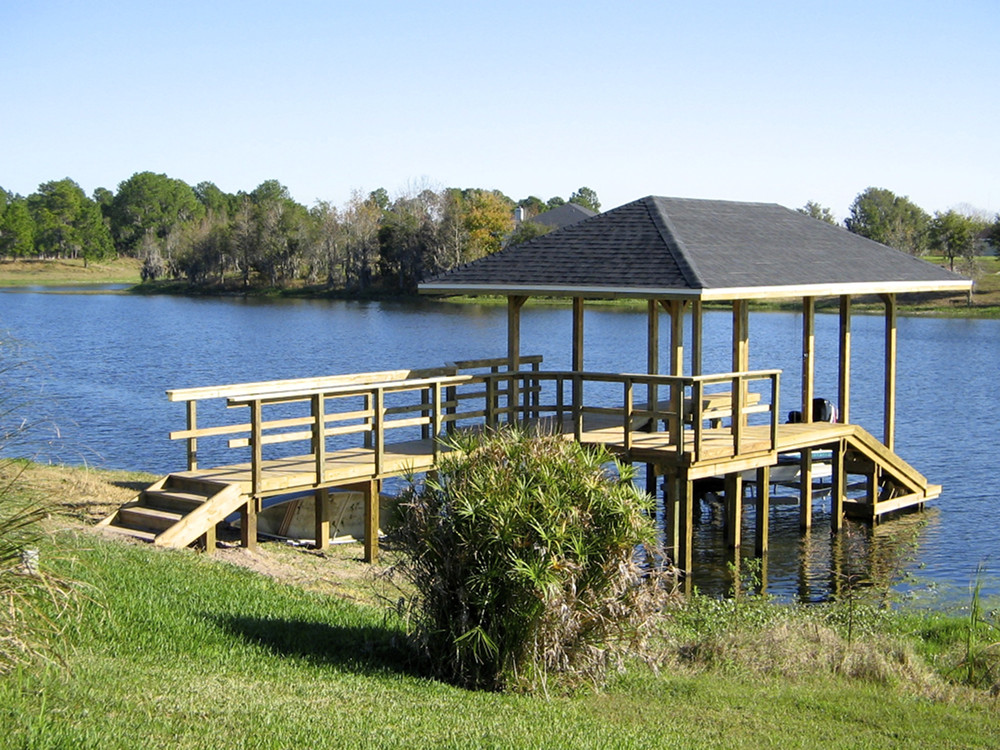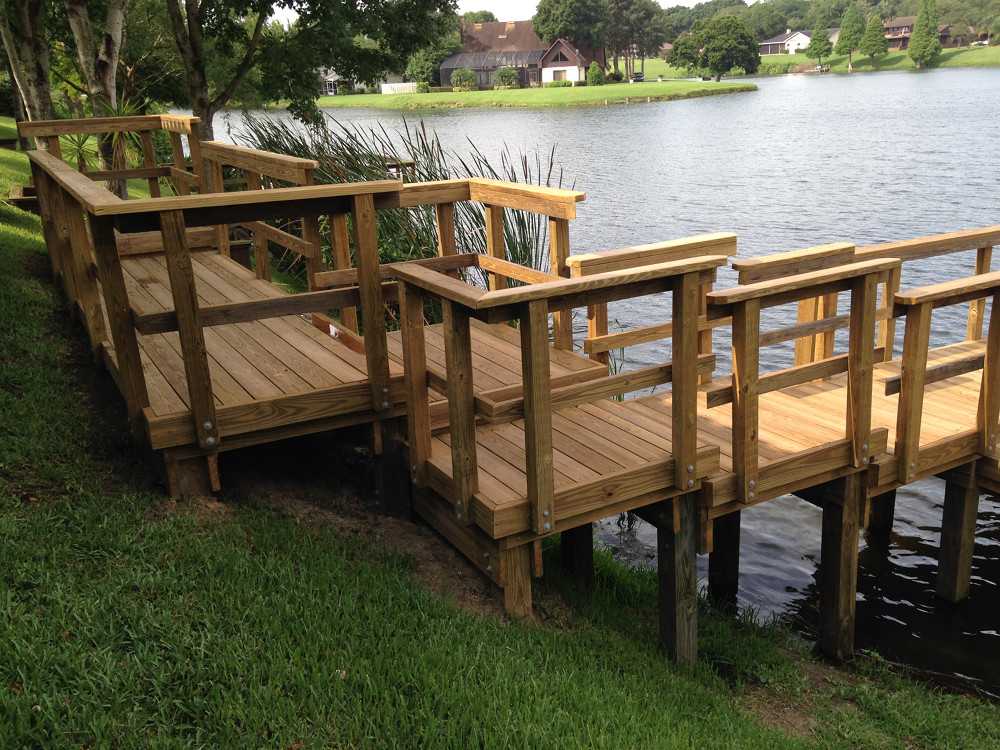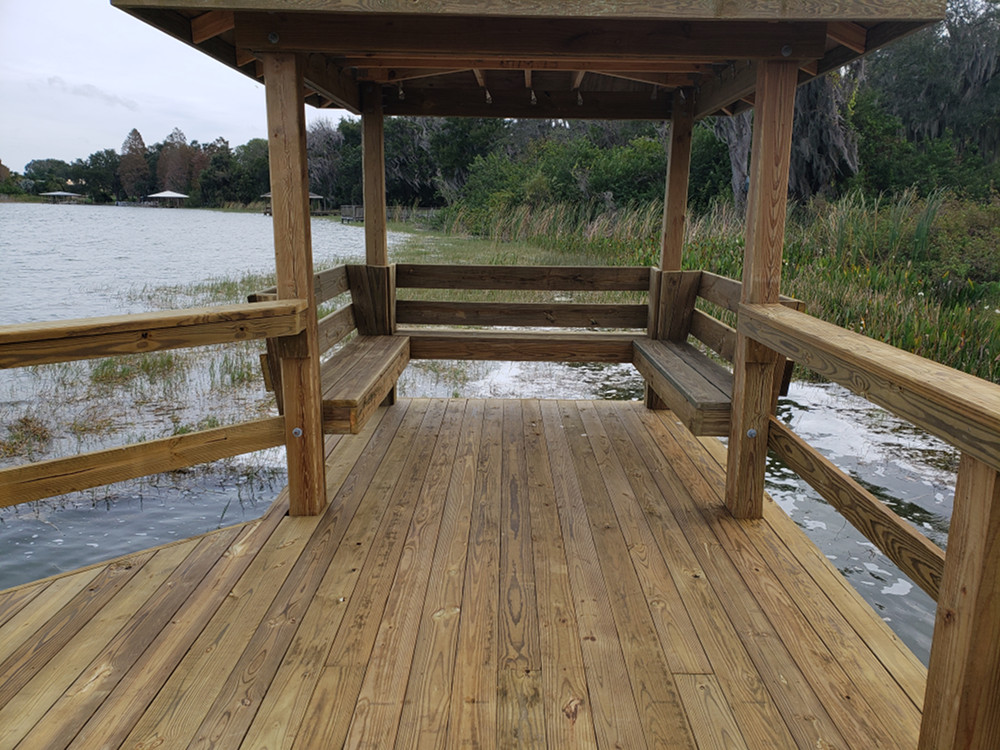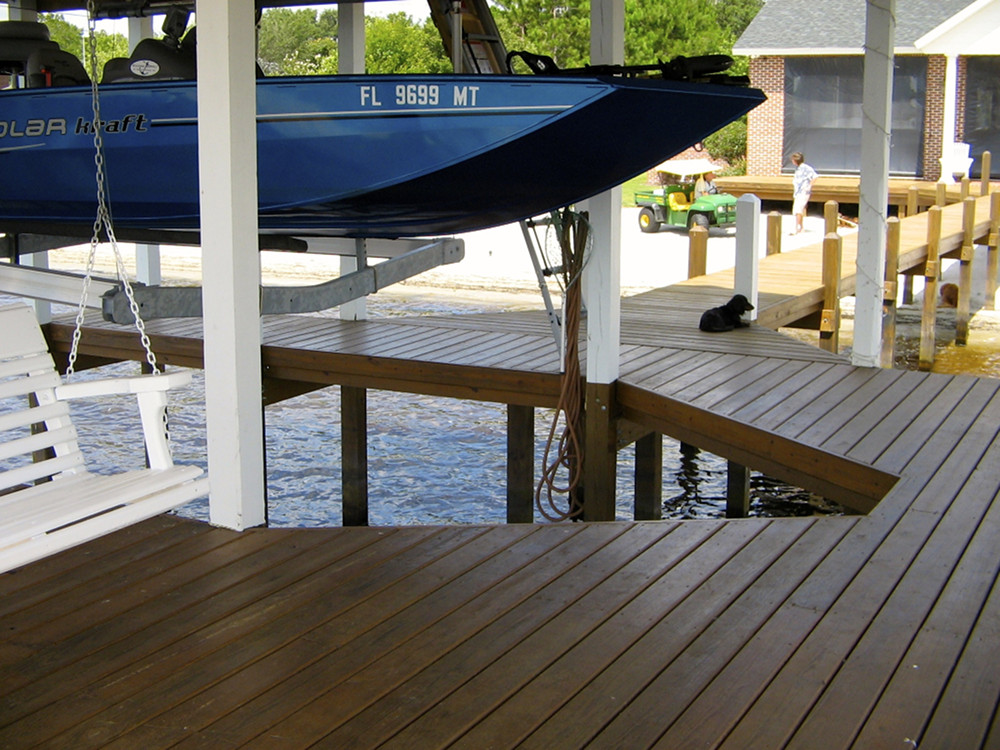What Does “Licensed & Insured” Truly Mean?

Most consumers wouldn’t choose, or even consider, hiring an unlicensed contractor…
but what sort of protection does a “licensed and insured” contractor offer a homeowner? Nothing can be assumed by the label, and the risks can be as numerous as those run when hiring an unlicensed contractor. As a consumer and homeowner, you can determine the true qualifications of a potential hire by questioning the level at which he/ she is certified, whether any specialty licensing is attached to the certification and the contractor’s willingness to add you, the homeowner, as an additional insured to his/ her general liability and worker’s compensation policies.

Homeowners should give consideration only to contractors who have achieved certification at a state level.
The state of Florida requires that very particular standards must be achieved and maintained for a contractor to carry state licensing. Because there are constant changes in the industry, a Florida state certified contractor must renew his/her license annually, and can only achieve this by completing continuing education courses. This insures that the contractor is properly educated to do the work and that you, the homeowner, will be receiving the quality, skilled work for which you paid. Further, should you have a dispute with a state certified contractor, you call the department, which has the authority to discipline and even revoke the license. For this reason, you have assurance that permits and inspections will be filed and completed when necessary, subcontractors and material suppliers will be paid in a timely fashion, preventing liens from being placed on your property, and, in general, a higher standard of work and business practice will be performed by a state certified contractor because he/she is held to such by the state.

Specialty certification takes this licensing to the next level by requiring that the contractor show additional knowledge and skill in their specialized area of expertise.
A contractor holding a specialty license will also hold and maintain the insurance coverage necessary to perform specialty type work in the area for which they have been hired.
Likewise, homeowners should only consider contractors who can produce a certificate of insurance for general liability as well as worker’s compensation. In addition, require that they add you, the homeowner, as an additional insured on the policy. This covers both parties, and ensures that both property and assets are covered in the event of an accident or injury on the job site. Should a contractor refuse to offer proof of insurance cp or decline adding you to the policy, you should consider this a red flag and an indication that the contractor is either uninsured or underinsured. Additionally, ask whether additional or specialized types of insurance are necessary for the particular job in question.

Here’s an example…
Let’s compare a general contractor against a state certified marine contractor in the construction of a seawall or dock on your property. While both could pull the permit, both could claim to have the ability the complete the project, and both could offer general liability and worker’s compensation, only the state certified marine contractor will be knowledgeable about the the types of materials to use in and near water, the building practices for ensuring that the structure withstands hurricane and other weather conditions, and all the necessary practices for complying with local laws and regulations concerning aquatic plants and wildlife. Only the marine contractor could offer sound advice and experience, help you find the materials and design that best suit your budget, and ensure that you get a quality finished product that complies will all local and state regulations. In addition, a state certified contractor with a marine construction specialty will hold USL&H (United States Longshore and Harborworkers’ Compensation Act) coverage that will protect both workers and the homeowner since standard insurance (held by a general contractor) stops at the waterline. This example shows clearly that “licensed and insured” isn’t always enough. Just as you’d seek a specialist rather than a general practice doctor for a specific health issue, you’d do well to seek a specialist for your home repair and construction needs.
A professional in the construction industry will operate by higher standards.
And will welcome the questions and a higher level of accountability as those are the very things that set him/her apart, as well as asking the right questions, verifying the answers, and then moving forward in confidence, knowing that you will receive the work for which you paid.